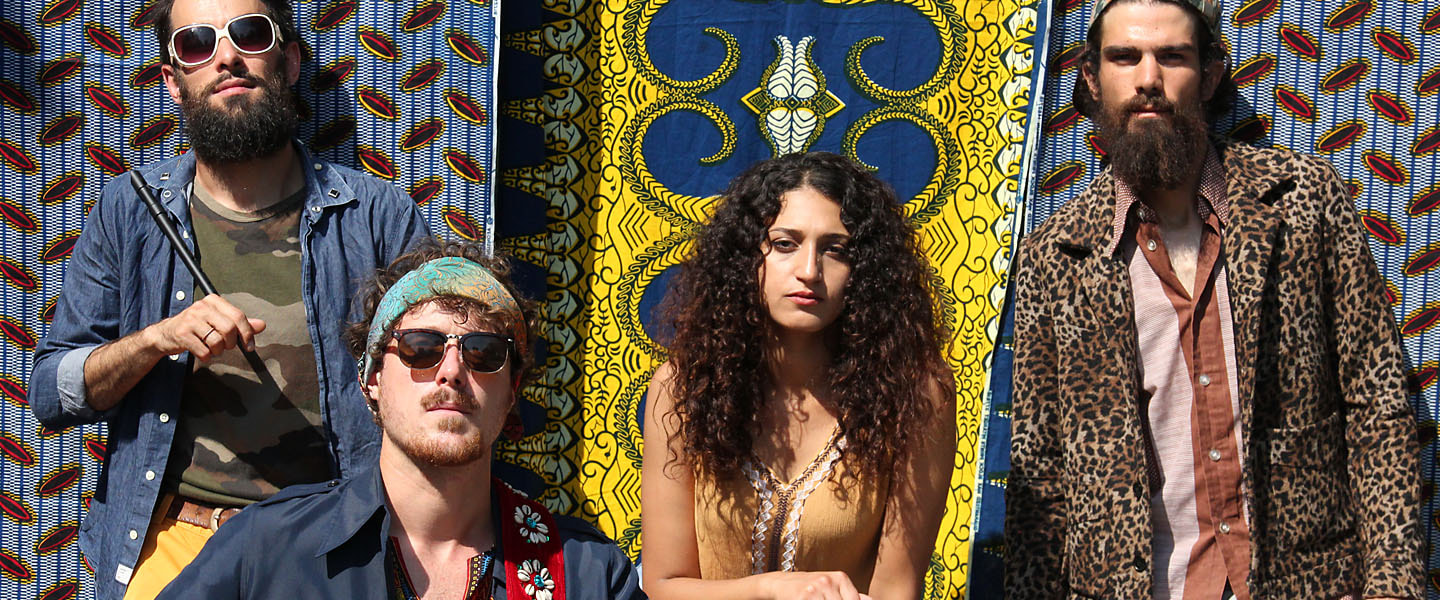Mahreb Traditions Meets Rock 'n Roll Fusion: Bab L'Bluz on Reclaiming the Blues of North Africa7/18/2020 Interview by Parisa Eshrati Emerging from the underground Afro-Arab music scene, Bab L’ Bluz are reclaiming the blues of North Africa on their debut album, Nayda! Fronted by an African-Moroccan woman in a traditionally male role, Bab L'Bluz's music nods to the revolutionary attitude of the Moroccan "Nayda" youth movement. The album is rooted in traditions of the Maghreb and ancient Gnawa music, but incorporates modern influences of rock, funk, and psychedelic fusion. In this detailed three-part interview, we spoke with vocalist and multi-instrumentalists Yousra Mansour and Brice Bottin on the evolution of the Nayda movement, the instrumental and spiritual connection to Gnawa music, as well as the various lyrical themes expressed throughout the album. Note: This interview was conducted via email and then translated by a third party. The intention of both parties were held up to the best of everyone's ability considering the language barriers.
|
Categories
All
Interview Archives
July 2024
|



 RSS Feed
RSS Feed